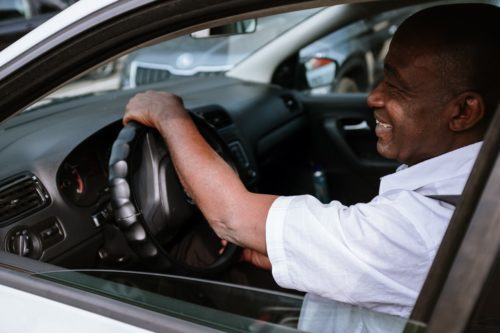
Technological innovations have made our lives easier. Applications are available to help navigate to restaurants, keep in touch with work at all hours of the day and even monitor our children. These advances are part of our everyday lives. Most own a smartphone with many of these apps, but are they helpful?
There are two contentions to the thought that smartphones make our lives easier. First, the ongoing debate about constant distraction and the expectation to always be available. Second, privacy concerns.
Privacy concerns are important on a number of levels. People expect their information to remain private unless they choose to make it public. Some find it helpful that companies gather information and use algorithms to market new products or services, others find it concerning. As much attention as this debate gets it is only part of the concern. Arguably a larger concern involves the privacy of these devices when stopped by the police.
One example: a traffic stop. Police can conduct a traffic stop for a variety of reasons. They may suspect the driver is under the influence of drugs or alcohol because they have veered out of their lane or may have noticed the driver violated a traffic law by failing to yield at a stop sign. Whatever the reasons, the stop is supposed to be brief and involve short questions generally designed to gather information to determine whether or not there is cause for concern of criminal activity.
But what about our smartphones? Those relatively little devices next to us in the car have loads of personal information. Texts, emails, phone calls and even potential recordings of our activities. Can officers use this information against you?
The answer, like many things in the legal world, is a solid maybe. There are cases when the officer can use this information. In most situations the officer is required to have a warrant to search the phone. As a result, anyone that suspects an officer gathered information from their phone without a warrant may be able to fight back against criminal charges. Contact an attorney experienced in criminal defense to discuss your options.